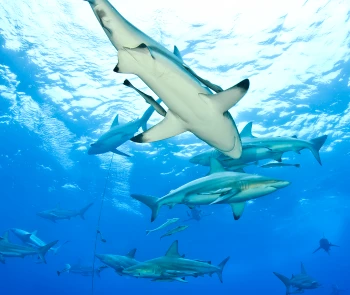
Why aren’t all blue whales ridden with cancer? As mammals that have 1,000 times the cells we have, the laws of probability dictate that they should have a 1,000 times higher chance of getting cancer — — at least, if each whale cell has roughly the same rate of getting cancer as a human one (Caulin et. al., 2012). However, the opposite is true, as we see that these animals have the same rate of cancer as humans. This confounding reality is known as Peto’s Paradox and has puzzled researchers for decades. The idea that cancer incidence is not correlated with the comparative size of a species shows us that there is some evolutionary mechanism at play that allows for the suppression of cancer in whales a much better way than in humans. That is not to say whales and other mammals do not get cancers — — just that the incidence rate is a lot lower than you would expect from the sheer mass of these large mammals, and the number of cells that mass implies.
So what does this mean for us humans? We now know that there are ways to help prevent cancers, hidden in the cells of whales and other such large mammals (like elephants or even giraffes!). Current research shows that it probably has to do with the abundance of tumour suppressor genes that are present in these larger animals, however research is ongoing and the question is still unanswered (Tollis et. al., 2017). As we better understand the underlying mechanisms, we can use that knowledge to help us direct our own research into therapeutics and preventive measures for the future.
